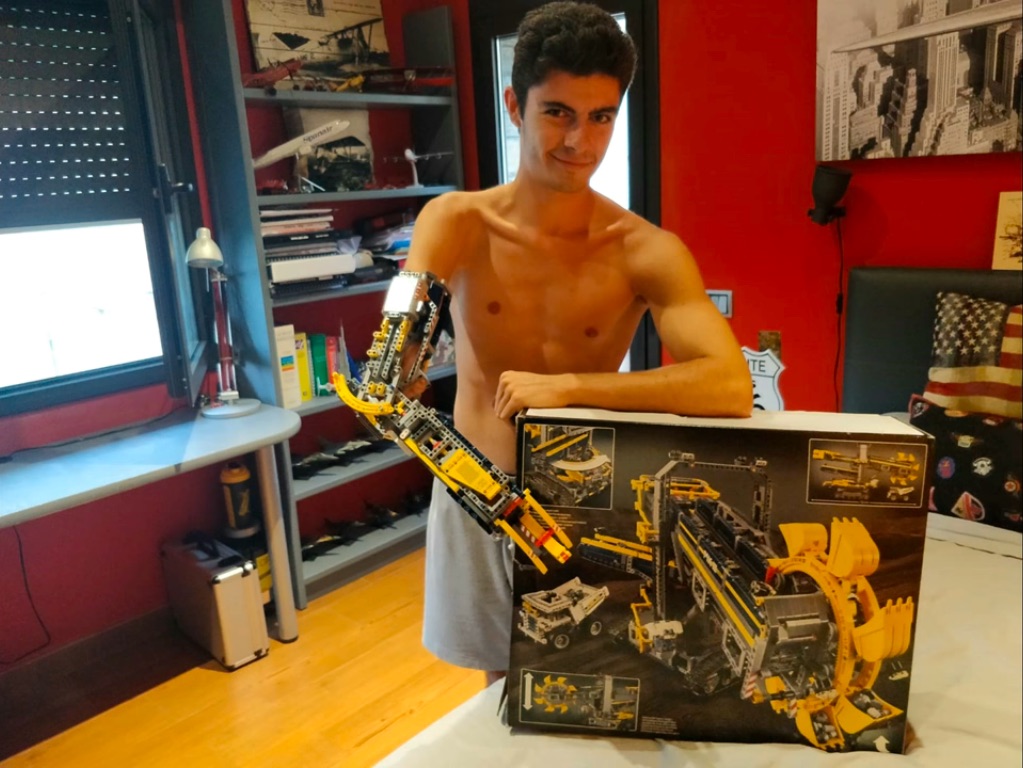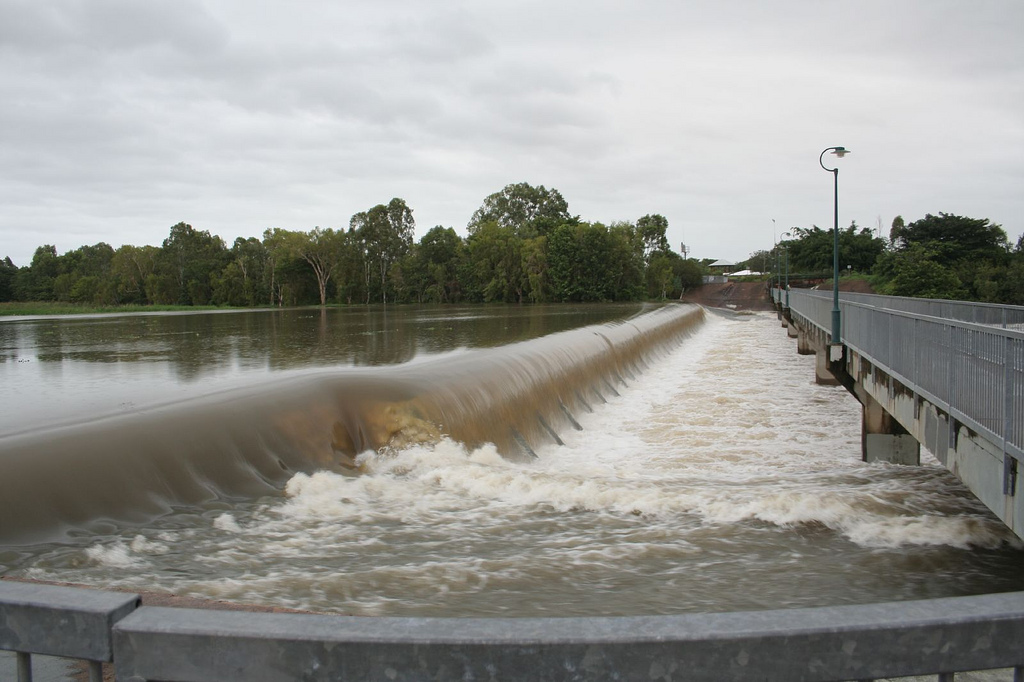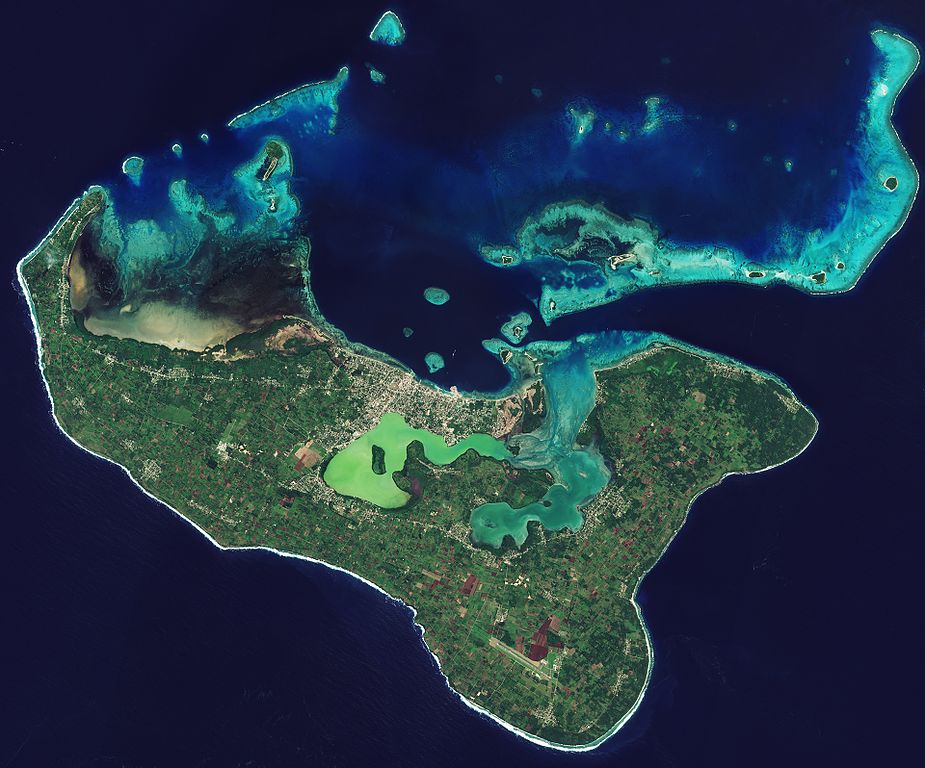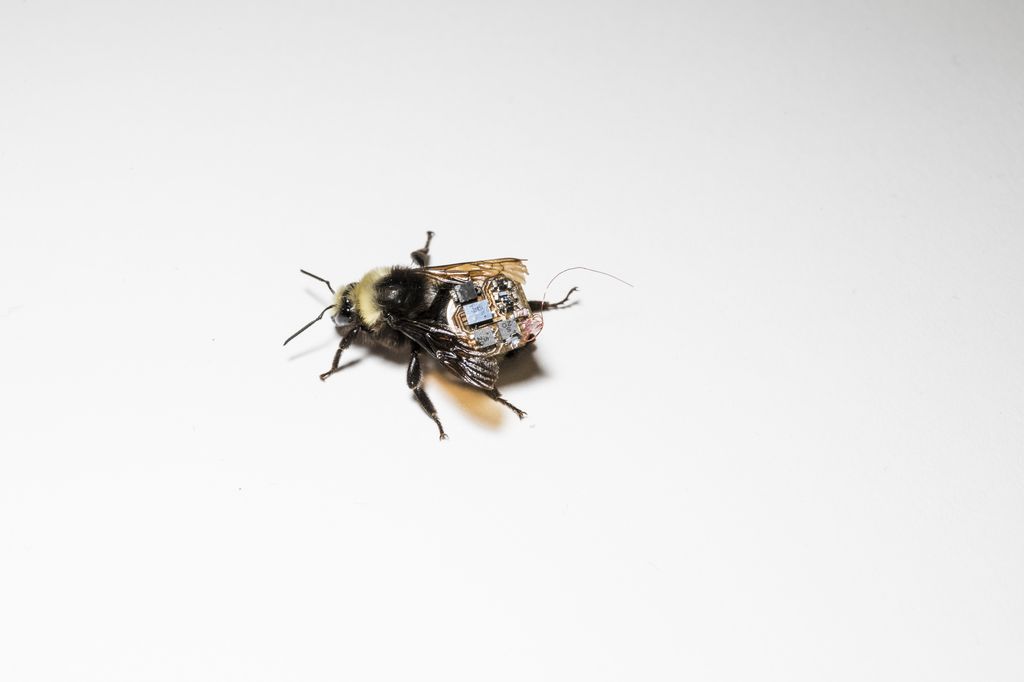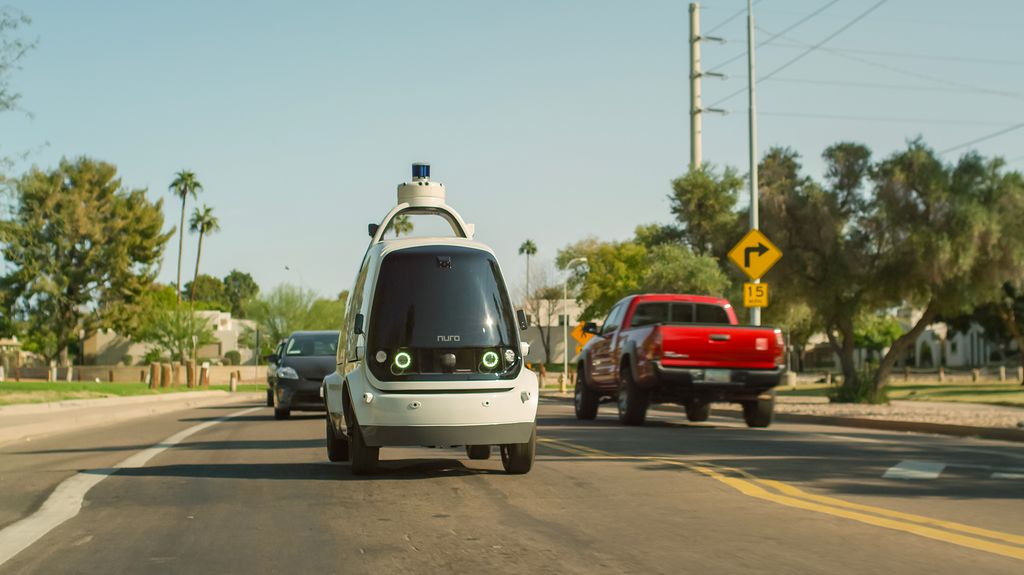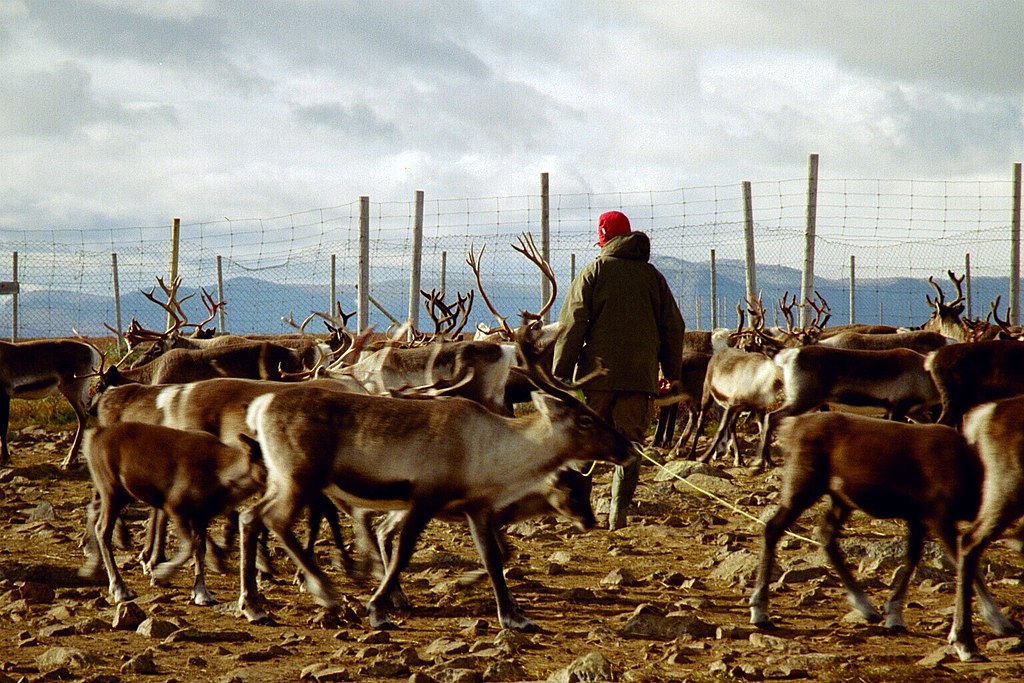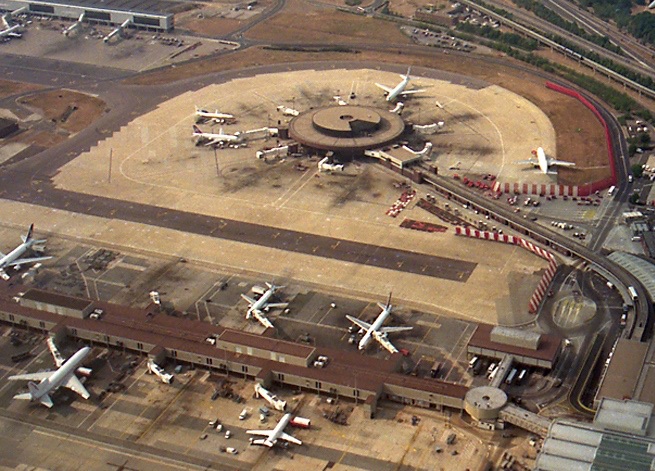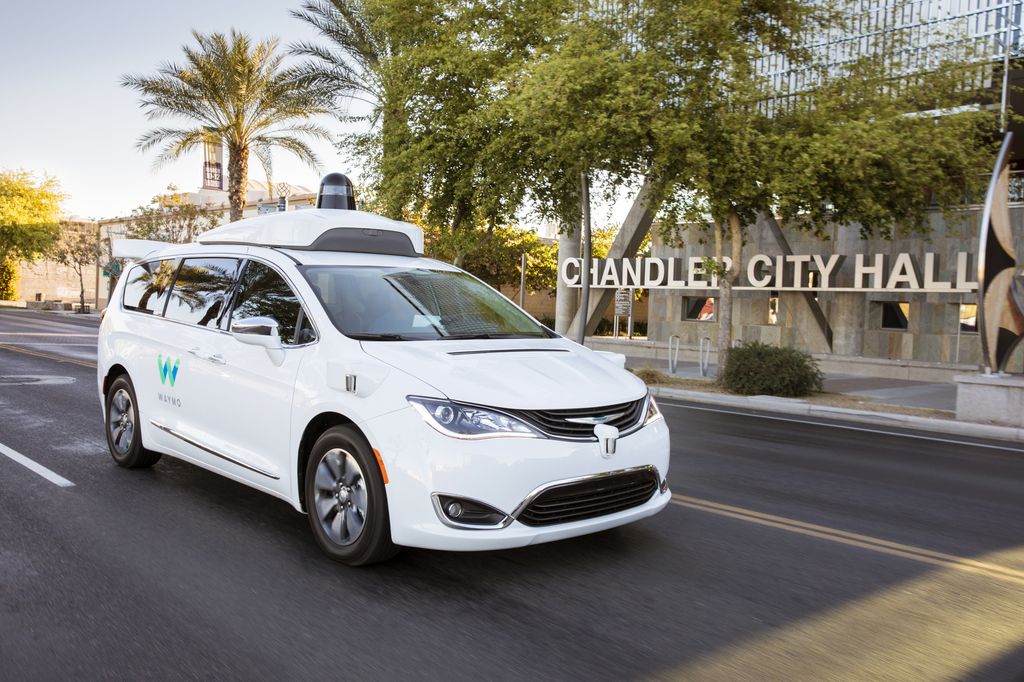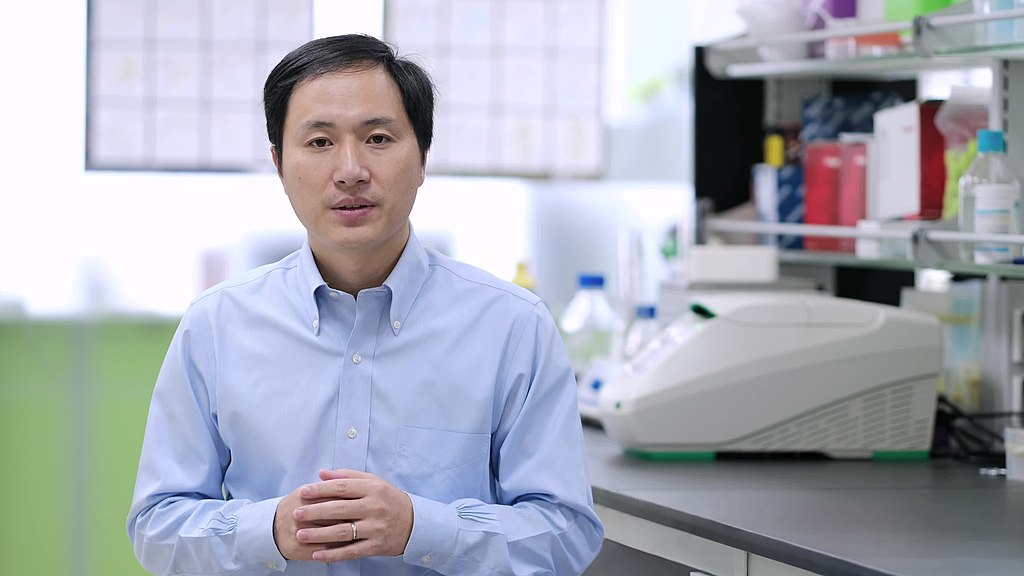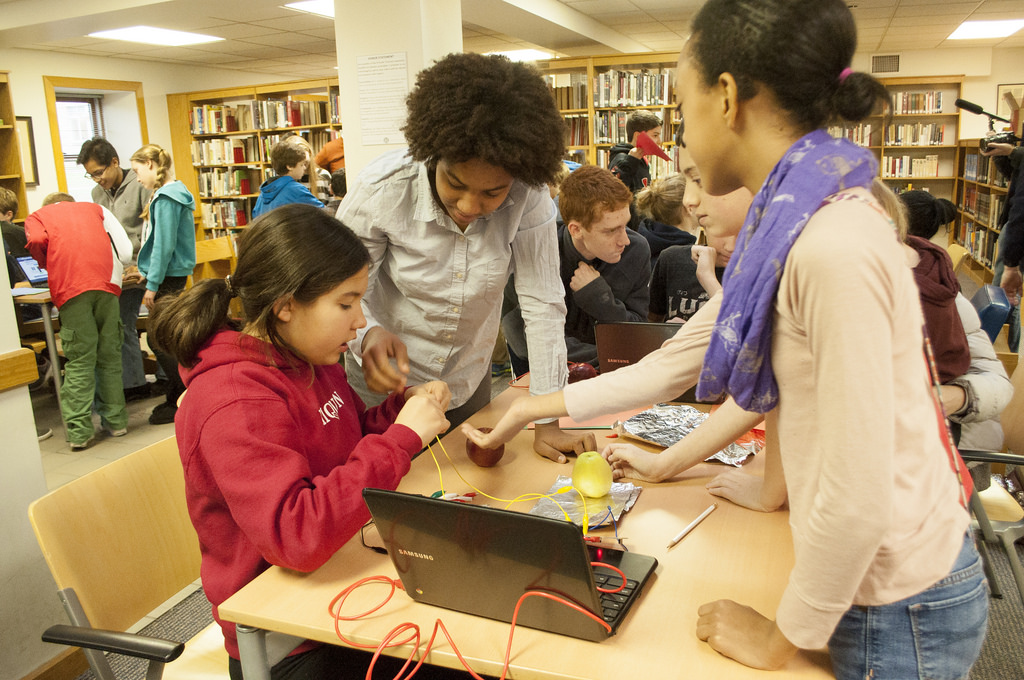If you were born without a body part, could you build that part out of Lego? That's what a teenager from Andorra has done - several times, in fact.
Published in “Technology”
Unusually heavy rains in Queensland, Australia have caused massive flooding. The government was forced to open the Ross River Dam, flooding up to 20,000 homes.
An undersea cable that connects the island nation of Tonga to the internet has broken. As a result, Tongans will be without their main internet connection for several weeks.
Scientists at the University of Washington have come up with an unusual way to help farmers get information about the plants in their fields: putting sensors on the backs of bumblebees.
Grocery stores are testing different ways of delivering orders using self-driving cars. Companies are experimenting more as self-driving cars get better and the pressure from online stores like Amazon gets stronger.
Raising reindeer is an important business in arctic countries like Finland and Sweden. Now people who keep large groups of reindeer in Finland are trying to use GPS and the Internet to track their animals.
Britain's second largest airport has been shut down for around 36 hours by drones flying near and over the airport. Flights have started again, but the drones have not been found.
Waymo, a company that is working to create self-driving cars, began an important new step last Wednesday - a self-driving taxi service. The service is very limited now, but could soon expand.
A Chinese scientist says he has edited the DNA of twin baby girls. If true, the news is a worrying change from the way scientists usually work with DNA.
This week is Computer Science Education Week. During the week, students around the world will be taking part in an "Hour of Code" and learning a little about programming computers.
A news company run by the government of China showed off a new tool earlier this month - a computer-created TV host to read the news on TV.

